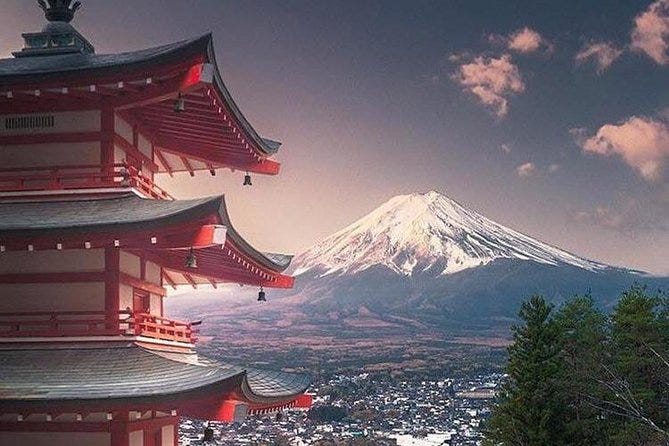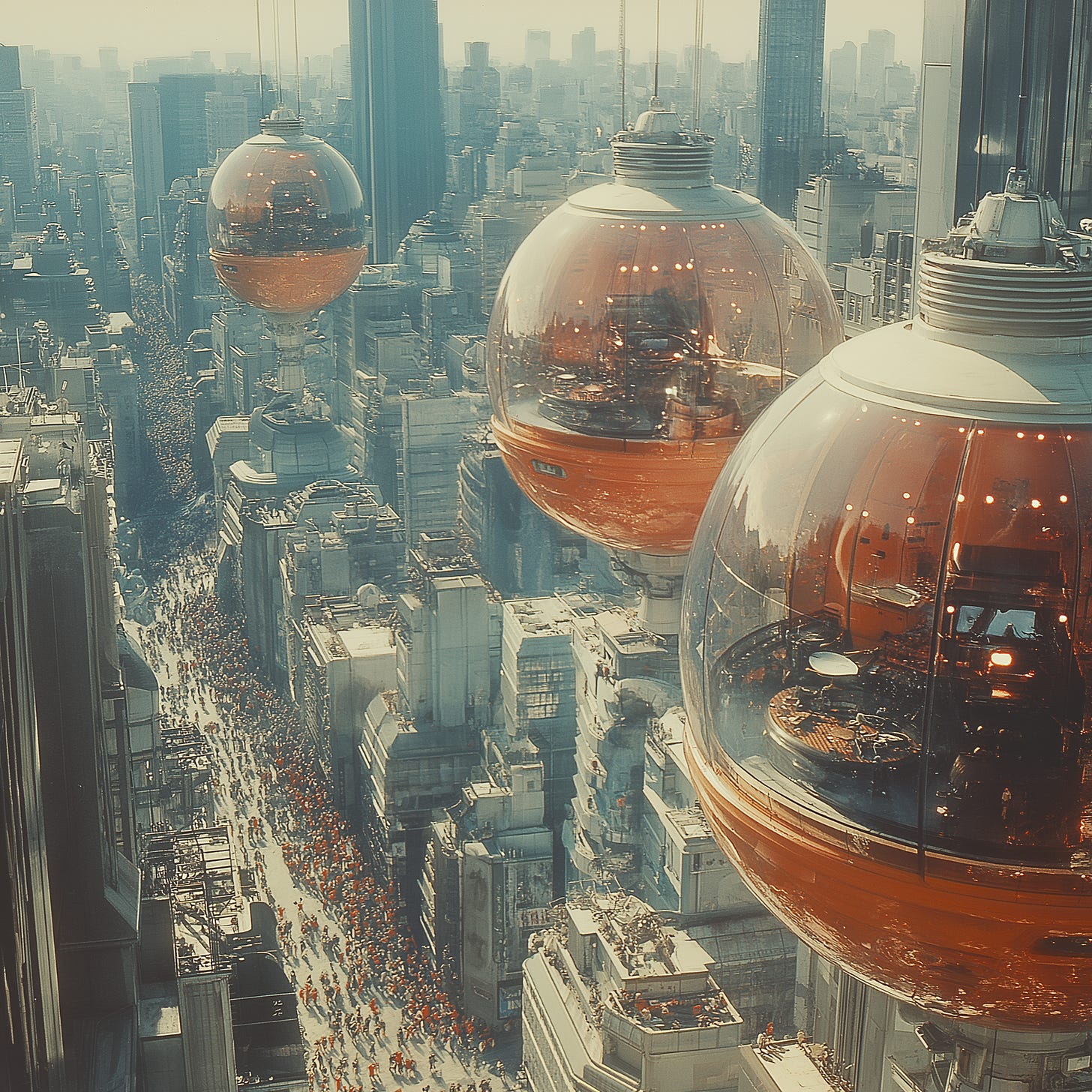Land of the Rising Sun
Time spent in Japan
Japan in the fall of 1999. Y2K mania is in full swing with the belief that the world’s computer systems, from banking accounts, stock markets, healthcare, and even that 25 lb laptop some owned at the time were going to quit working. All infrastructure systems like water treatment plants and power stations would go offline.
Boom. Kaput. Back to the early 19th century we would go.
Something about rolling over to the year 2000 and the binary code programming used decades ago would send all the computer systems into a tailspin that they would never recover from. From transportation to ATMs, the idea was that all of these systems we had come to rely on would fail as humanity rolled into the 21st century.
But I wasn’t too worried about Y2K, or the constant stories about American doomsday preppers making sure they stocked up on beans and rice for the New Year apocalypse. No, I was newly arrived in Japan in service of Uncle Sam’s Canoe Club, i.e., the United States Navy, and was still adjusting to the new surroundings and culture shock. (Spoiler: we survived Y2K)
If living in Guam was a different planet, Japan was a different galaxy.
That is not said in a derogatory way. In fact, given the opportunity I would enjoy another extended visit to this unique country. There were many times that it felt like one was living in a real-life Hallmark movie. The culture prides itself on honor and respect, and this became apparent in multiple situations I found myself in. Whether it was visiting a shrine shop or eating Soba, the demeanor of the hosts were exquisitely polite to this Gaijin.
Walk the streets of any large Japanese city and the first thing noticed is that it just works. The order and efficiency is a refreshing difference from the chaos of most American cities and become apparent very quickly. For instance, Japanese subway stations are as safe at 1 PM as they are at 1 AM. School children as young as six are seen walking themselves to school along busy streets without a care in the world of being harassed.
A great example of how the nation just works is in the reaction and response to the 2011 earthquake and Fukushima nuclear disaster. Seeing the destruction and scope of the damage, one would expect numerous reports of looting and violence, as usually happens after these incidents. Instead, news coverage showed orderly lines of those affected by the earthquake patiently waiting for relief supplies to be distributed, and teams of dedicated rescue personnel assisting those in need.
From an article on the aftermath:
My translator and I want to find out if local people have heard about any burglaries after the tsunami. I remember some of the Hurricane Katrina survivors in New Orleans who hauled off liquor bottles, Nike sneakers and flat-screen TVs. But Japanese speak of their culture of shame, haji, which frowns on committing an act that would disgrace one's family.
A few observations on some cities I spent time in:
Iwakuni
While at Marine Corp Air Station (MCAS) Iwakuni, Japan, I took full advantage of down time from work to explore the surrounding area. Iwakuni is a tourist destination known for its annual cherry blossom festival and unique architecture that includes the Iwakuni Castle and wooden arch bridge. Roughly 45 minutes south of the city Hiroshima, this town by the Hiroshima Ocean Bay is almost quaint when compared to the bustle of other Japanese cities like Tokyo.
As a sailor accustomed to the amenities of being stationed on an air force base in Guam, the Marine base seemed spartan in comparison. There were the usual components on base such as a food court, enlisted club, gym (duh), but not much else. The best description would be to say that it was practical. The barracks vending machine that stocked beer was a nice touch, though.
Hiroshima
Hiroshima. So much weight in simply the name. Sidestepping any discussions on whether or not the atomic bomb should’ve been dropped on Japan 2x, I will only say that walking through the Hiroshima Peace Memorial Park is a humbling experience. The museum does a good job of showing the destructive power of a nuclear attack on a civilian population and doesn’t shy away from the effects to the human body. Multiple photo displays and the infamous “shadow flash” created on the sidewalk from the initial detonation bring home the awesome and frightening power that the atomic age ushered into the world.
Spending time in Japan as young man reinforced my conviction that cultural and ethnic cohesion in a nation is key to a flourishing high trust society.





